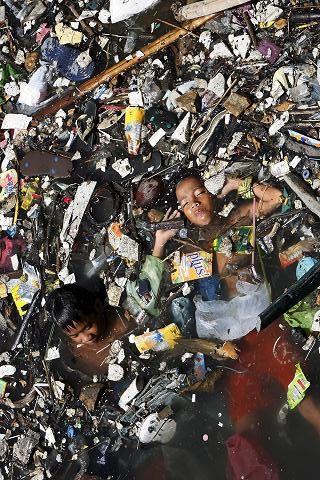Toxic talk on ingrained destruction

Nearly everyone on the planet can be considered physiologically and biochemically polluted with the byproducts of industry and society. A report prepared by Dr James Siow of Australia’s National Institute of Integrative Medicine (NIIM) says governments and the healthcare community have been sluggish in their response to the rise in chronic conditions relating to the intrinsic chemical contamination in our air, water and food.
“Scientists first sounded the alarm about the increase in contamination of our environment and ourselves in the 1980s. Today there is a worldwide scientific consensus on the critical importance of global pollution, its effects on human health and on the necessity to make scientists, doctors and the public aware of the vital importance of prevention,” Dr Siow will tell CleanUp 2013 in Melbourne.
The contamination forum will hear that “there is no doubt at all that pollution is now a global issue – and that nobody is spared, not even newborn babies.”
“One US study found 232 industrial chemicals and pollutants, including known carcinogens and complex mixtures, in the (umbilical) cord blood of newborns. This means that children are coming into the world already polluted with things that could kill them,” Dr Siow said.
The medical professional has described the generational effects of pollutant contamination, claiming some toxins can so heavily damage the genetic structure that it is passed on through family lines.
He believes the slow response from the medical community is a contributor as well, saying: “Our doctors are no longer trained to look for these ecotoxic effects when they see patients – toxicology is now largely omitted from most medical courses. As a result, many of these problems are going undiagnosed and consequently the scale of the problem is unrecognised by the health authorities.”
Efforts to combat the effects could be as widespread as removing cosmetics, packaging, cleaning products, pesticides and thousands of other toxic substances from common use. The NIIM has created a centre to push for change, which Dr Siow co-directs with Prof. Robert Allan.
“We are planning postgraduate courses that we hope will help interested doctors come aboard and assist us in planning for improved community health by addressing these toxicity issues. We need to educate more doctors to do simple, low-cost tests like hair and urine analysis to find out what is going on. In cases of chronic illnesses for which orthodox approaches have come to their limits of effectiveness, the influence of environmental toxicity on human health should be considered and clinically investigated,” he said.
More information on the conference at which Dr Siow will detail his claims is available here.







 Print
Print